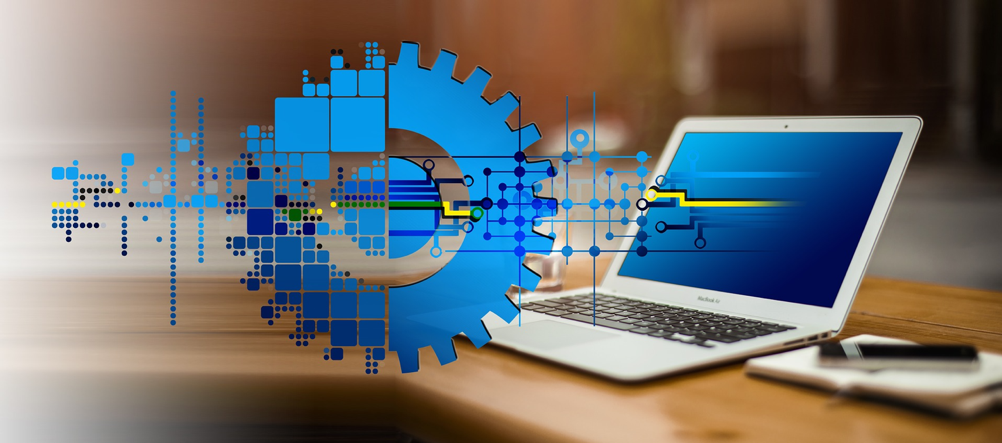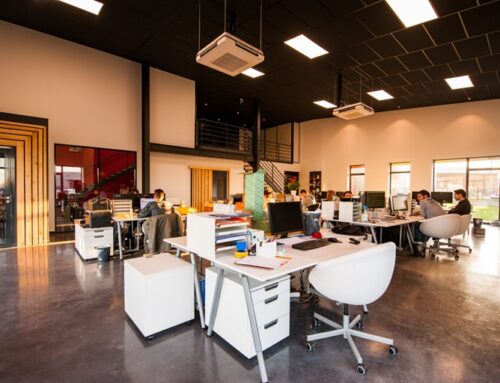The current pandemic has forced us to use IT in most of our activities more than ever (work, school, services, reading, sport, art, etc.).
In the last year and a half, everyone has had to make progress in using modern technologies. A key role in facilitating the acquisition of new IT skills by the older generations has often been played by the younger generations, alongside their parents, grandparents and less ‘digital‘ friends.

New technologies and remote working have had and will continue having an increasing impact on Recruitment and Selection activities.
‘Time to hire’, one of the most relevant indicators of Recruitment, has been totally revolutionized.
Whereas until about three years ago, the time needed to hire a new employee could be estimated at approximately 35 days, in 2020 this parameter has decreased dramatically.
Normally, one of the reasons for long selection processes is the difficulty of crossing recruiters and candidates’ agendas to schedule appointments. Now, by working remotely and using video interviews, this issue has been largely solved, primarily facilitating those companies that have had to increase productivity during the pandemic by rapidly strengthening their workforce.
The possibility of offering job opportunities that can be carried out entirely remotely has enabled companies to recruit people even geographically far away. Offering a job that involves working 2/3 days a week remotely now allows companies to tap into a wider pool of applicants.
All this amplifies the importance of adopting an Employer Branding strategy to attract the best candidates, while at the same time acting on employee retention and engagement, to differentiate and be competitive in the market.

Smart working has become one of the most popular benefits among candidates and it has a major impact on the choice of a potential new employer.
Work-life balance is now more than ever considered as a priority: a flexible smart working policy is therefore a powerful weapon in attracting the best candidates. Also, Smart working has highlighted the importance of soft skills, which are necessary and complementary to hard skills. The former includes interpersonal skills, the ability to coordinate teams that work steadily from home and reliability, which embraces many human qualities such as honesty, integrity and punctuality. Managing one’s own time independently is also a difficult challenge for many workers. Being able to prioritize in this context has been crucial.
Since March 2020, companies have been forced to accelerate the digitalization of many of their processes. A major obstacle has been the workforces’ lack of digital competences, sometimes combined with inadequate technological infrastructures. This has prompted companies to invest further in training the digital skills of their existing staff, while at the same time recruiters have been asked to quickly identify and recruit large numbers of already highly skilled IT professionals.
Recruitment software (ATS application tracking systems), equipped with artificial intelligence, tools such as video interviews, linguistic personality tests, etc., has made the difference, ensuring an optimization of companies’ selection processes, transferring an image of innovation and at the same time oriented towards the care of the single candidate involved.
It is also thanks to these innovative IT systems that enterprises have been, and will be facilitated in providing themselves with the required staff to seize the economic recovery, that will hopefully come soon.





